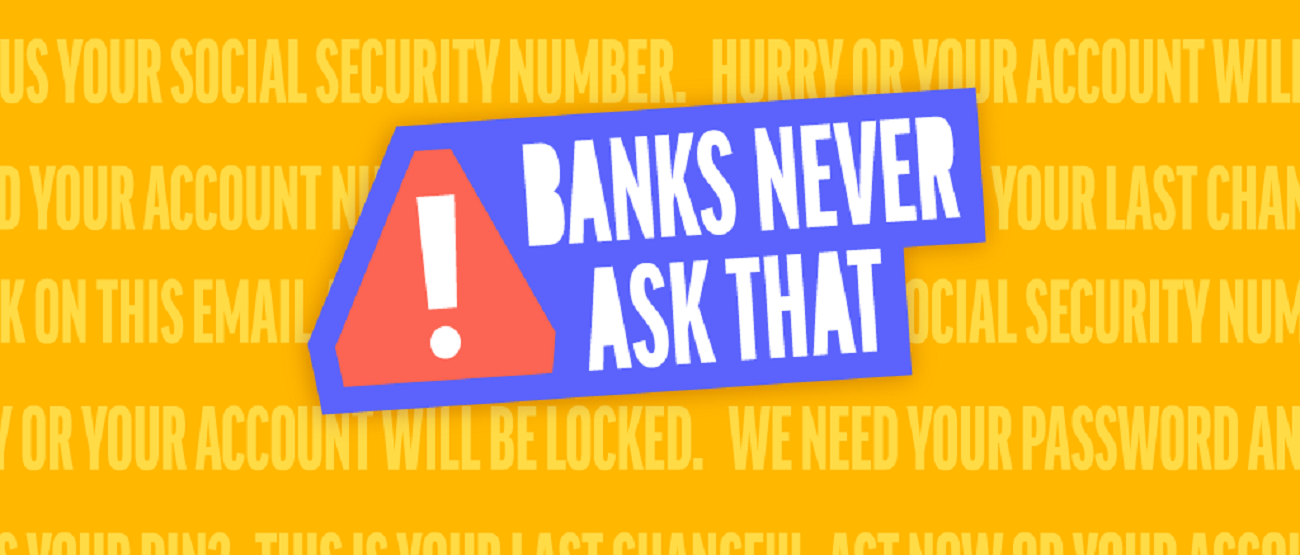American National has many people and systems in place to search for transactions that are unusual and indicative of fraud and one thing is for sure: Scams are all around us and constantly changing.
While there are many types of scams, the ultimate goal is the same - to steal. Scammers want to steal your money, your identity, and your login credentials to things like your email or your online banking site. Be aware of common signs of scams so you don't become their next victim.
Common Victims of Scams
Studies show that there are certain groups of people and certain characteristics of people that are more susceptible to being scammed.
- Younger People - Students and those in their 20s tend to lose money more often to scams than even the elderly
- Seniors - Elderly people tend to lose larger amounts of money (as they typically have more money). The most likely financial fraud victims are men age 70 and over.
- Bargain hunters– people who are always looking for investment opportunities and bargains. They will enter contests, drawings, lotteries, sweepstakes to make quick money.
- People susceptible to persuasion – It’s the typical sales pitch and scammers push a sense of urgency.
- Those taking fewer measures to prevent or minimize the possibility of being scammed. They tend to take a passive approach to security and use the same or similar passwords for everything.
- Those that have gone through some major life event like losing a spouse or loved one, going through a divorce, being laid off from a job. If you’ve had some major life event in the past two years, your odds of being scammed more than double.
- And if you believe that you aren’t likely to be scammed, then you are at greater risk!
Common Red Flags
There are so many scams out there – they tend to follow major events like the pandemic or a natural disaster as scammers prey on people’s emotions. There are romance scams, charitable giving scams, imposter scams – people pretending to call from the IRS or a bank, tech support scams, and the list goes on as fraudsters employ many tactics to steal people’s money, identity, or credentials.
But there are common red flags of scams below that can help keep you safe no matter the scam. If you can spot these, hopefully you can spot the scam before its too late.
Act with Urgency:
- Use high-pressure language
- Use scare tactics
- Requests come with a sense of urgency
Request Sensitive Information: (Banks Never Ask This!)
- Ask for passwords or your social security number
- Ask for your PIN or a login code that’s texted to you
Unfamiliar Contact Info:
- Ask you to visit an unfamiliar website or a site that's slightly "off" (Ex. targett.com)
- Ask you to call a number different than the one listed
- Send you suspicious links or email attachments
Poor Grammar & Typos:
- Incorrect grammar and typos are common
- Unprofessional language or emojis
Tips to Protect Yourself & Others
- Your bank will never call or text to ask for your account numbers.
- Be cautious of odd emails and texts.
- If it sounds too good to be true, it probably is.
- Don’t act too fast. Take time. Call back at a known number.
- Seek opinions for those you know and trust.
- Stay aware and educate family and friends.

